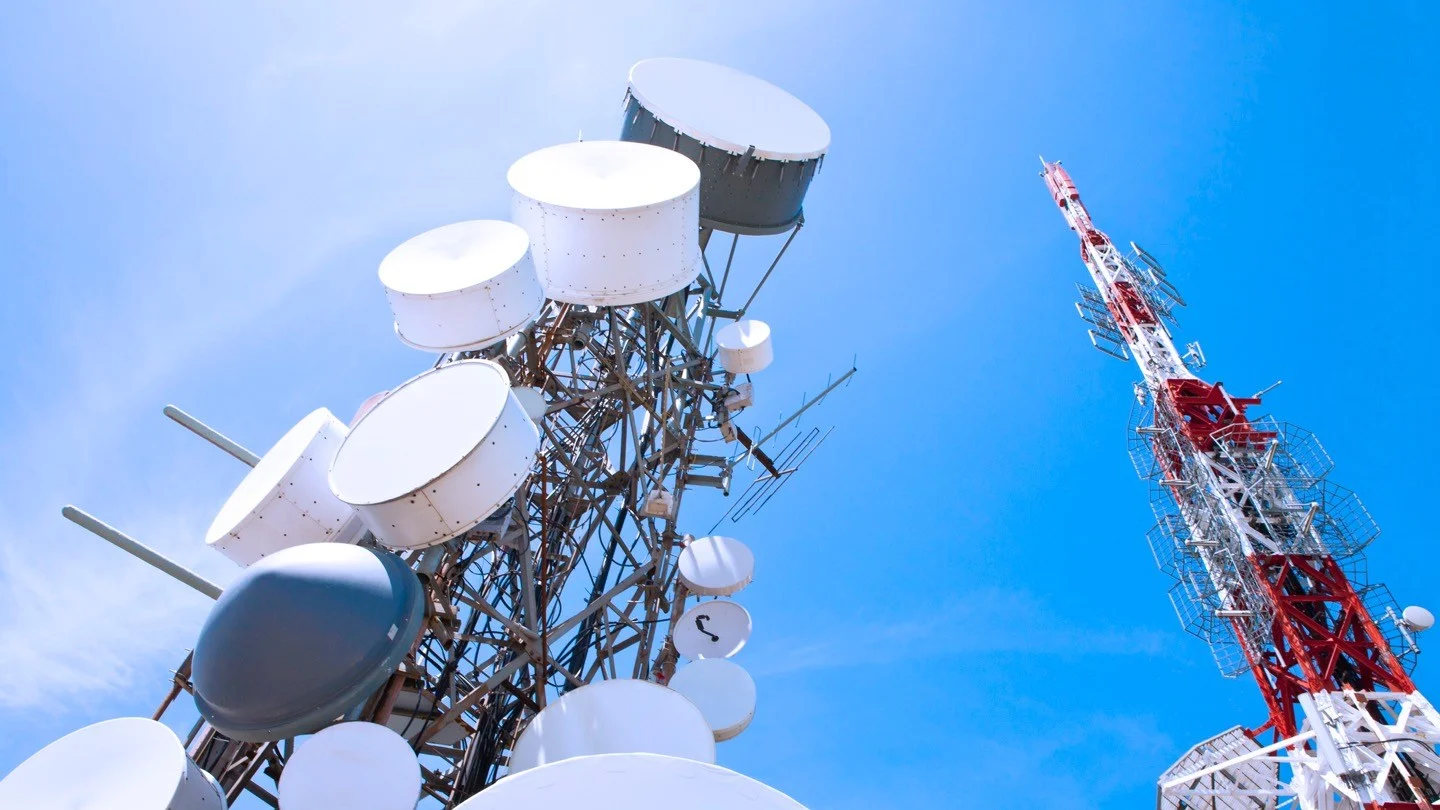No matter your internet needs – from basic connectivity and streaming/gaming needs to saving money through bundling cable and internet with one provider – we have something that meets them all.
Xfinity provides affordable cable plans with download speeds designed to accommodate families of three or more. If you sign a term agreement, even further discounted prices can be secured.
DSL
Digital Subscriber Line (DSL) internet connections offer an economical alternative that uses existing telephone lines as its infrastructure. While not as fast as newer options, DSL still makes an ideal choice for many homes and small businesses alike.
DSL users need to be within several miles of a telephone switching office for optimal reception; otherwise, their signal and speed deteriorate significantly further away. Average upstream and downstream DSL speeds average 5Mbps/2Mbps respectively but are much slower than cable or fiber optic services.
DSL (digital subscriber line) utilizes more of the copper wire’s bandwidth than POTS (plain old telephone service), which only permits frequencies that contain human voices. However, data transmission beyond 3.4kHz limits set by voice equipment to avoid interfering with other lines is restricted with DSL technology.
Some DSL providers provide cost-effective starting plans with relatively slow download speeds that cannot support streaming video or online gaming in most households.
Cable
Cable Internet services run over coaxial television cables, similar to DSL but faster and more reliable. Cable providers usually offer bundle packages combining TV with Internet service so customers can save money by making one monthly payment instead of two separate ones. It is particularly suitable for homes who use the internet for advanced tasks like online gaming, content creation or streaming as well as smart-home security cameras and video chats requiring reliable connection. Many cable providers even provide this type of bundle plan allowing households to save money by only paying one bill every month!
However, you should also factor in equipment rental (which could run approximately $10/month) and a data cap on cable plans. If possible, fiber would be preferable as it’s significantly less costly and has better upload speeds compared to cable – plus any unexpected charges won’t come as a shock! Due diligence should always be conducted when signing up for any service as this ensures fair deals for you and any surprise charges won’t crop up later on!
Fiber
Fiber optic technology offers faster speeds and greater reliability than cable internet plans, through light pulse transmission of data that allows it to deliver gig-level download speeds. Fiber also takes less than five seconds for viewing an hour-long TV episode compared to up to one minute when using cable plans as opposed to streaming services like Netflix.
Fiber may be an ideal choice for businesses requiring high-speed connections with large bandwidth demands, with its lower latency offering smooth online interactions and applications, helping increase productivity.
When researching fiber internet options, make sure to carefully evaluate pricing structures from each provider and any extra services that could have an effect on overall costs such as 24/7 customer support and cybersecurity features. Also take note of any bundle plans offering discounted Internet, television or phone service packages; in time these long-term cost savings could potentially offset initial installation expenses.
Options
People receiving public assistance can access affordable internet through the federal Lifeline program. If your household income falls within 135% of the national poverty line and you receive assistance through one of these programs, Optimum Internet offers fast service for $9.25 a month – perfect if you require quick internet connectivity!
Verizon Fios has one of the nation’s premier fiber lines; and Spectrum offers cable and fiber plans at competitive rates.
Cellular plans may also be cost-effective options if you purchase a smartphone with ample data storage capabilities, however if you opt for such plans your home internet service may only utilize part of its allotment; any excess will draw from slower monthly pool speeds instead.


 Social Media Algorithms – Decoding How They Shape Your Feed
Social Media Algorithms – Decoding How They Shape Your Feed  Review of the Top 10 Smartphones of 2024
Review of the Top 10 Smartphones of 2024  Social Media Trends – How Platforms Are Adapting to Changing User Behaviors
Social Media Trends – How Platforms Are Adapting to Changing User Behaviors  The Development of PC Hardware – From CPUs to GPUs
The Development of PC Hardware – From CPUs to GPUs  Can You Use WhatsApp on a Computer?
Can You Use WhatsApp on a Computer?  Data Privacy Regulations
Data Privacy Regulations  The Race for 5G – A Global Perspective
The Race for 5G – A Global Perspective  The Growing Importance of Cybersecurity in a Digital World
The Growing Importance of Cybersecurity in a Digital World  Cheap Internet Options
Cheap Internet Options 